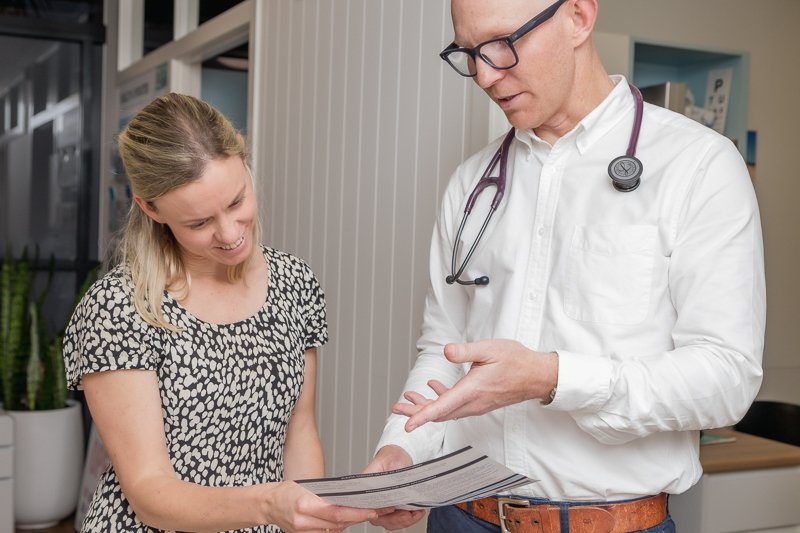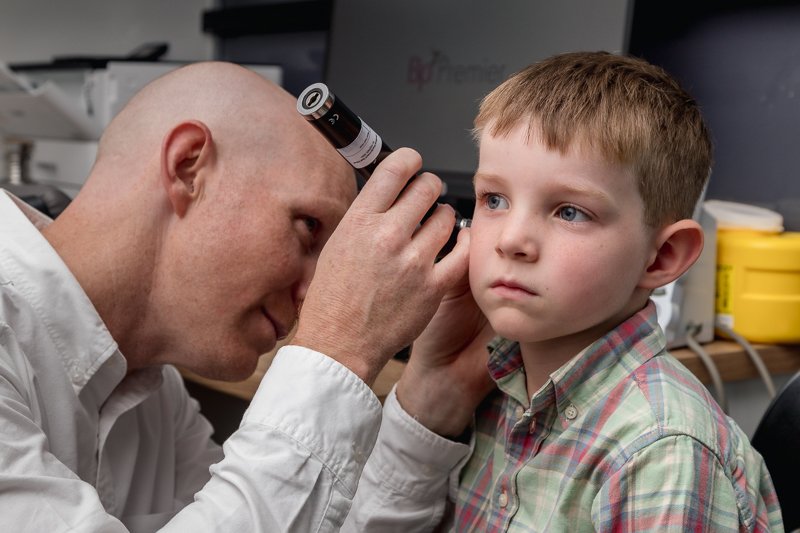Each year about 1,500 Aussies find out they have esophageal cancer. It is much more common (and much more deadly) in men than in women. Here are the main things to know about this condition, which is becoming more common in Australia.
What is Esophageal Cancer?
Your esophagus (or oesophagus depending on your preferred spelling) is the tube that connects your mouth to your stomach.
When you swallow, a sphincter (a ring of muscle) at the top of your esophagus opens to let your food go down, then waves of muscle contractions pull the food down past another sphincter which closes as the food enters your stomach.
Esophageal cancer can happen in any part of your esophagus when malignant cells form in its tissues. In Australia, esophageal cancer is mostly found at the lower end of the tube where your esophagus joins your stomach.
There are two main types of esophageal cancer:
● Squamous cell carcinoma occurs in the cells lining the inner layer of your esophagus known as the mucosa. It’s usually seen in the upper and middle sections of your esophagus.
● Adenocarcinoma of the esophagus happens in the glandular cells that produce mucus to help your food slide down easily.
What Causes Esophageal Cancer?
Long-term irritation may cause changes in your cells that lead to esophageal cancer. You may be at increased risk of esophageal cancer if you:
● Have gastroesophageal reflux disease (GORD)
● Have precancerous changes in your esophagus (known as Barrett’s esophagus)
● Smoke
● Are obese
● Drink alcohol or regularly drink very hot liquids
● Have achalasia, a condition where it’s hard to swallow because your esophageal sphincter won’t relax
● Have a poor diet with insufficient fruit and vegetables
● Have had radiation treatment to your chest or upper abdomen.
Signs and Symptoms
It’s easy to miss the signs of esophageal cancer, either because there are no obvious symptoms or because the symptoms could be due to any number of other things.
That’s why esophageal cancer is often not diagnosed until it has reached a more advanced stage.
Symptoms of esophageal cancer may include:
● Trouble or even pain when swallowing
● A sense that food is stuck in your throat or that you’re choking
● Unexplained weight loss or fatigue
● Discomfort in your upper abdomen, especially when eating
● Heartburn or acid reflux
● Bloody or black stools
● Vomiting blood
● Hoarseness or an ongoing cough.
If you’re experiencing any troubling digestive symptoms and are worried about esophageal cancer then please make an appointment to see your GP.
Diagnosis
Diagnosing esophageal cancer involves your doctor examining your esophagus using some of the following techniques:
● Endoscopy – a procedure where, while you are anaesthetised, the doctor inserts a thin flexible tube with a camera on the end into your esophagus. Your doctor may also take a biopsy during the procedure to test certain cells under a microscope.
● Imaging – scans of your esophagus are taken using computer tomography (CT), positron emission tomography (PET) or magnetic resonance imaging (MRI).
● Barium swallow – you drink a solution containing a metallic compound named barium sulphate. Your doctor uses x-rays to track the movement through esophagus to see if there are any abnormalities.
Treatment
If any of your tests show that you have esophageal cancer, your GP will then talk to you about your condition and your treatment options and refer you to a specialist.
You’re likely to have more tests to find out whether the cancer is at an early stage or whether it has spread to other parts of your body.
Your treatment options depend on:
● The cells involved in your cancer
● The stage of your cancer
● Your general health and wellbeing
● Your preferences.
Many people need chemotherapy and/or radiation therapy to attack the cancer cells and shrink the tumour before surgery.
The type of surgery you may need depends on how much of your esophagus is affected. Surgery may be limited to removing the tumour or it may involve removing part or all of your esophagus and reconstructing it.
Surgery may also be used to relieve complications of esophageal cancer. Your surgeon may be able to insert a stent to keep your esophagus open so you can swallow more easily.
If you’re finding it hard to eat, then your doctor may recommend a feeding tube to keep you well-nourished.
These treatment options aren’t easy. The Cancer Council provides resources and support for people living with cancer and their families.
How Peregian Family Medical Centre Can Help
At Peregian Family Medical Centre, we can help you make lifestyle modifications to reduce your risk of esophageal cancer. That includes help to stop smoking, reduce or eliminate your alcohol consumption, lose weight and eat a healthy diet.
If you have symptoms of esophageal cancer, we can talk these through with you and order the relevant tests.
And if your tests confirm that you do have esophageal cancer, we can help you through the treatment process. Please make an appointment today.
Disclaimer
All information is general in nature. Patients should consider their own personal circumstances and seek a second opinion.






